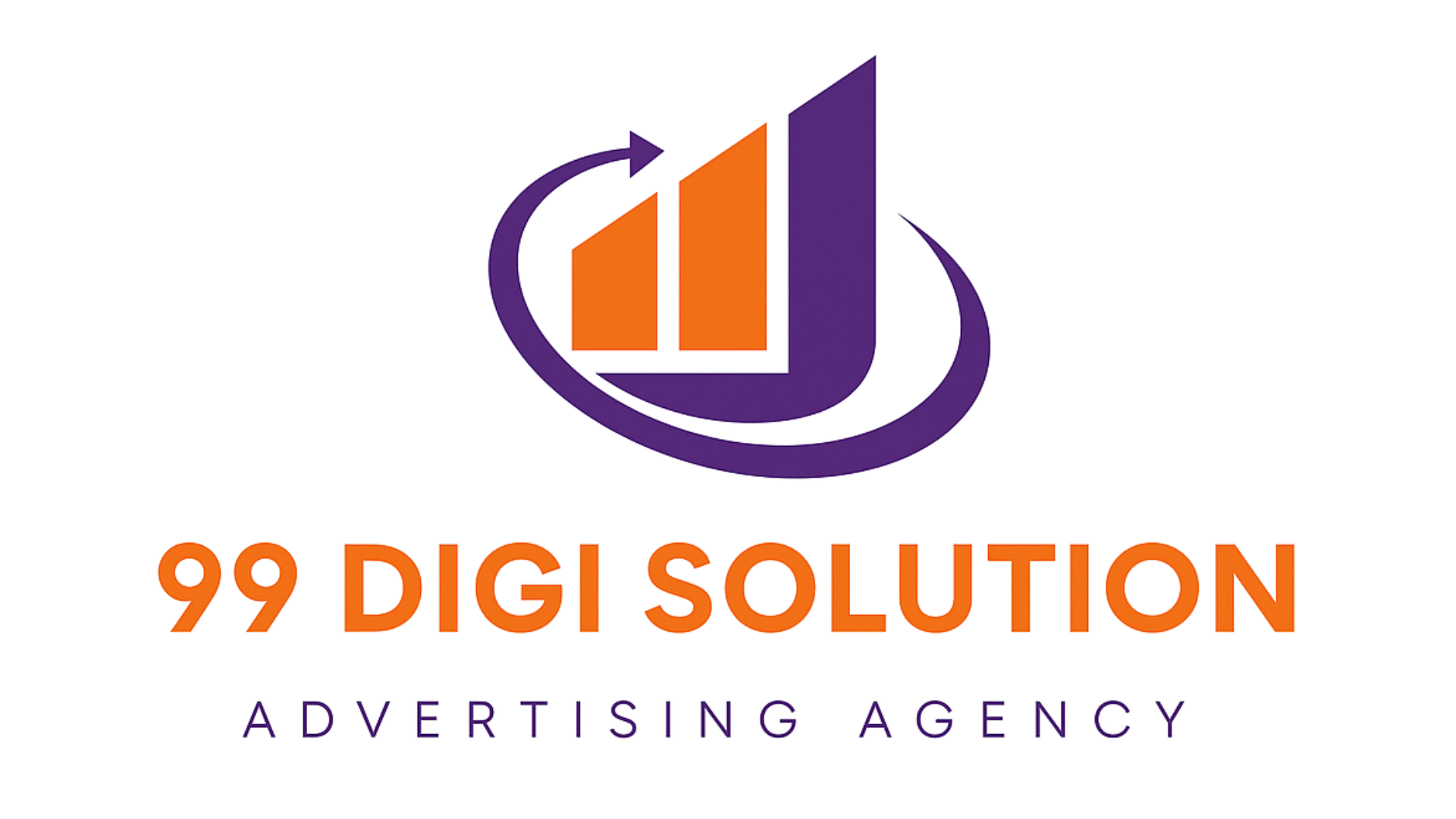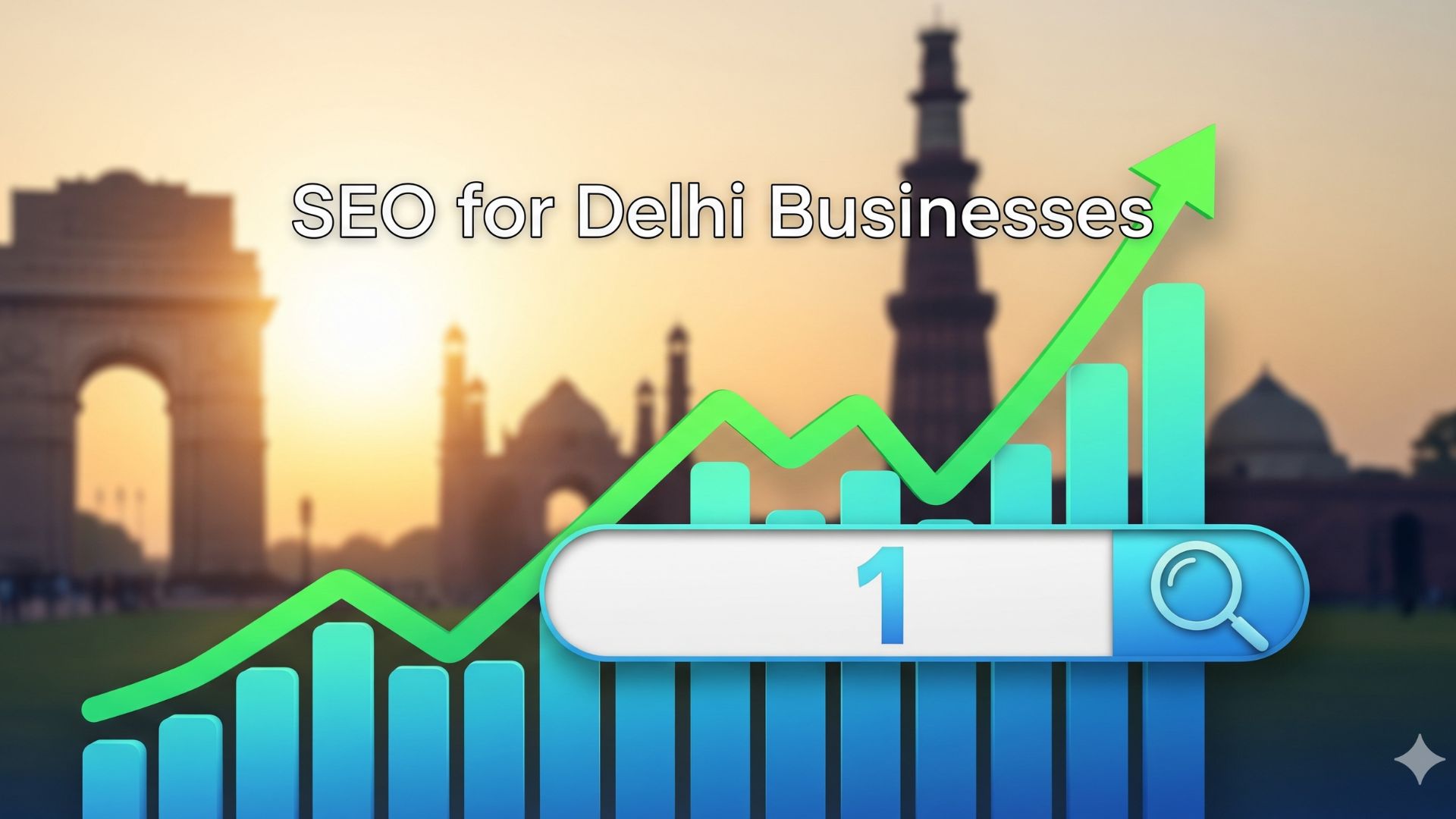With brands focusing heavily on organic reach, many marketers ask:
“Do press releases still help with SEO and Google rankings?”
The short answer in 2025: Yes — but only if done correctly.
Press releases are no longer just for the media — they’re a powerful tool for driving brand visibility, boosting search authority, and improving long-term SEO results.
In this guide, you’ll learn:
- How SEO-friendly press releases impact Google rankings
- What makes a press release “SEO-optimized”
- Tips to structure releases for maximum organic benefit
- Press release SEO myths vs facts
- Real strategies to generate backlinks and SERP visibility
Let’s uncover how the right press release can do more than just make headlines.
The SEO Power of Press Releases in 2025
Modern press releases can:
- Generate high-quality backlinks from authority websites
- Get indexed in Google News, appearing in Top Stories (SERP)
- Send click-through traffic to your website or landing page
- Improve website domain authority (DA) over time
- Aid in local SEO if geo-targeted properly
According to SEMrush (2025): Brands using press releases as part of monthly SEO efforts see a 28% increase in organic traffic over 6 months.
6 SEO Benefits of a Well-Executed Press Release
| Benefit | How It Works |
| Backlink Generation | Press releases syndicated to news sites often link to your site → SEO juice |
| Keyword Ranking Boost | Optimized releases targeting long-tail keywords help Google discover your content |
| Branded SERP Domination | Google indexes well-formatted press releases attached to brand name |
| Referral Traffic | When linked properly, press releases drive qualified website traffic |
| Local Visibility | Including local keywords (city, region) strengthens hyperlocal search |
| Content Freshness Signal | Frequent releases tell Google your site is active → helpful for indexing |
How to Structure an SEO-Optimized Press Release (2025 Standards)
| Element | Best Practice |
| Headline | Start with keyword-rich phrasing under 15 words |
| Keywords | Naturally use focus and secondary keywords |
| Links with UTM tags | Insert 1–2 links to high-intent landing pages |
| Alt-text images | Include image metadata for SEO image indexing |
| Location tags | Use “City, State” for local SEO benefit |
| Structured content | Use bullets, subheadings, and short paragraphs for readability and crawlers |
| Schema markup | Helps Google understand it’s a press release |
SEO Press Release Example in Action
Topic: Smartwatch launch for fitness-conscious millennials
Search Keywords Targeted: “best affordable fitness smartwatch India 2025”
“FitNext Launches India’s Most Affordable Smartwatch for Fitness Goals Under ₹2,000”
With keywords integrated in the headline, body copy, and a tracked link to the offer page — the press release ranks under “affordable smartwatch India” & drives thousands in referral sales.
Result:
- 37 backlinks from media + tech blogs
- Top 3 SERP placement for 2 keywords in 14 days
- +32% traffic to product page in 3 weeks
Press Release SEO: Myths vs. Truth (2025)
| Myth | Reality |
| “Google penalizes syndicated press releases” | Not true — Google devalues duplicate content for rankings, but still counts backlinks if used correctly |
| “One press release can skyrocket SEO overnight” | SEO from PR is a long-term boost, not a quick fix |
| “Only backlinks matter” | Backlinks are key, but well-placed CTAs and quality content matter too |
| “You don’t need keywords anymore” | Keywords are still the foundation of relevance for crawling/indexing |
SEO success from PR = consistency + optimization + quality publishing partners.
Tools to Monitor SEO Impact of Press Releases
| Tool | Use Case |
| Google Analytics | Track referral traffic from press release links |
| Google Search Console | Check indexing, keyword visibility, and crawl behavior |
| Ahrefs / SEMrush | Monitor backlinks, DA changes, and keyword rankings |
| BrandMentions / BuzzSumo | Track mentions and social link amplification |
| Bit.ly / UTM Tools | Measure link clicks and conversions |
FAQs — SEO & Press Releases
Q: Can a press release help my website rank higher?
Yes — primarily by improving backlinks, traffic quality, and indexing through authority sites.
Q: Should I keyword-stuff my press release?
No. Google favors natural,clear, and contextual use of keywords. Over-optimization can hurt readability and SEO performance.
Q: How long does it take to see SEO results from a press release?
Typically 2–6 weeks depending on backlink pickup, domain authority of syndication sites, and Google indexing timelines.
Q: Do free press release sites help SEO?
Slightly. They may generate low-quality backlinks, but paid or curated placements from high-authority domains deliver stronger SEO value.
Final Thoughts
Press releases in 2025 are no longer just PR tools — they’re part of your SEO strategy.
Done right, they:
- Improve keyword rankings
- Earn branded SERP placement
- Drive organic traffic from Google News & top-tier media
- Build long-term domain trust via backlinks and mentions
The key is to combine strong content, smart distribution, and SEO best practices.
Want SEO-Optimized Press Releases That Actually Rank?
Keyword research + content writing
Google News indexing & backlink reporting
Syndication to 100+ authority news & niche websites
Book a Free SEO Press Release Audit Today















































